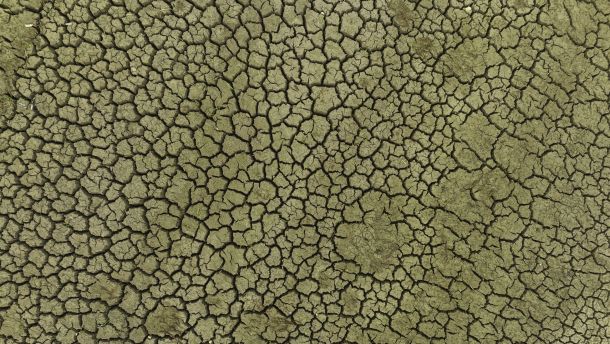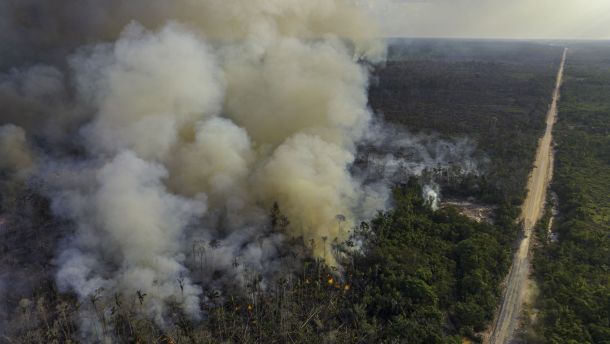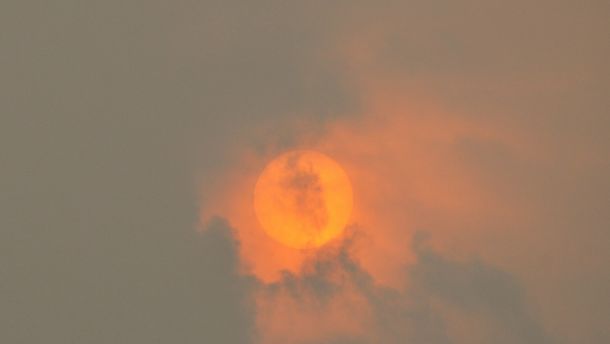Turning Point or Tipping Point? The Future of the Amazon Hangs in the Balance | Blog | Nature
Views and opinions expressed in blog posts are those of the individuals expressing them and do not necessarily reflect those of THIRTEEN Productions LLC/The WNET Group.
One year ago, world leaders, investors, and environmental advocates hailed the most important news for the global climate agenda in 2022: Luis Inacio “Lula” da Silva was returning to the presidency of Brazil. Lula’s public commitments, and the 70 percent decline in Amazon deforestation under his prior administration from 2004 to 2010, brought hope to a global community still reeling from the reversal of that trend under his predecessor.
“Brazil is back,” then President-Elect Lula announced to an adoring crowd at last year’s climate conference in Egypt. The feeling that a turning point had been reached was palpable.
President Lula signaled renewed commitment to the protection and sustainable development of the Amazon region by again appointing Marina Silva, the country’s most prominent, proven environmental leader, as his Minister of Environment. He also signaled his commitment to protecting and advancing the rights of Brazil’s Indigenous peoples, whose fates are largely tied to that of the forest, by creating a Ministry of Indigenous People and appointing the charismatic and outspoken indigenous leader Sonia Guajajara as Minister.

Current drought conditions. This is the ground where the Rio Negro used to flow in Manaus during the dry season. Credit: Marcos Amend/WCS
But recent news from the Amazon has been anything but hopeful. The region is suffering one of the most severe droughts ever recorded—the result of a strong El Niño amplified by human-induced impacts on temperature and the length and severity of the dry season.
There are growing concerns that the region may have already reached a “tipping point,” in which a combination of land use and climate change make large-scale forest dieback inevitable and leading to an impoverished, drought-tolerant, and fire-prone biome replacing the evergreen tropical forest and a huge transfer of carbon-dioxide from the forest to the atmosphere.
Indeed, as fires and smoke spread, millions of Amazonians are experiencing some of the planet’s most polluted air in the heart of the largest rainforest on Earth. Many of the fires are deliberately set by criminals taking advantage of the current conditions to illegally deforest vast tracts of land—actions encouraged by the previous government.

An area of illegal burning near the BR-319 highway, which connects Manaus, in Amazonas, to Porto Velho, in Rondônia. Credit: Marcos Amend/WCS
In much of the region, the vast river system is at its lowest recorded levels going back over 120 years. Because rivers constitute the transportation network for supplies essential to many cities and communities, hundreds of thousands of people in the Amazon now lack secure access to drinking water, food, healthcare, and other essential goods and services. With waterways unnavigable, children and their teachers cannot get to get to school, so classes are cancelled.
All 62 municipalities in the state of Amazonas and all 22 municipalities in the state of Acre declared a state of emergency. Vast lake beds that no one alive has ever seen before desiccate under the relentless sun. Aquatic and terrestrial fauna face death from heat and drought.
Despite these daunting challenges, hope is not lost. President Lula’s government has taken emergency actions to cope with the crisis—bolstering firefighting teams; providing humanitarian aid including food, water, and medicine to the local population; taking measures to secure navigation on major rivers; and providing over $100 million in emergency aid to affected municipalities.

The sun obscured by fire-driven smoke that has been covering Manaus and cities in the Metropolitan Region for the last three months. Credit: Carlos Durigan/WCS
In the context of the current crisis, Government of Brazil’s efforts to combat environmental crimes are already showing glimmers of hope: the area of deforestation in the Brazilian Amazon has decreased by 22 percent from August 2023 to July 2023, compared to the previous 12 months.
That was no accident. In its first nine months of this year, the Lula Administration has strengthened environmental governance and the agencies responsible for it—reinvesting in reducing deforestation, planning for large-scale reforestation, and reinstating Brazil’s commitments to combat climate change, including the interministerial plan for the prevention and control of deforestation in the Amazon.
Brazil regularly confronts illegal logging, mining, deforestation, and land grabbing. President Lula’s government has also resumed the demarcation of Indigenous lands, while enforcing prohibitions against illegal resource exploitation in indigenous territories by wildcat miners and other criminals.
It’s too soon to tell whether the turning point represented by last year’s elections in Brazil will deliver fast enough and fully enough to avoid barreling past the tipping point that could impoverish the Amazon.
Brazil and the rest of the world need President Lula’s administration to double down on their current efforts in the Amazon, protect the most vulnerable communities from extreme weather events, and increase their resilience, while also providing the global leadership on the climate agenda that the world has been lacking.
For Brazil to succeed it needs the rest of the world. The climate crisis is global. An accelerated shift away from fossil fuels toward renewable energy must happen now. Subsidizing climate polluters in energy and agribusiness must end now. Brazil can’t do it alone.
Turning point or tipping point? The Amazon is on the edge. The tropical forests of the Amazon Basin, the Congo Basin, and Southeast Asia are critical natural infrastructure that the Earth’s climate depends on. As we head into CoP28 in Dubai, the choice for global leaders is now, and the bill is past due.


